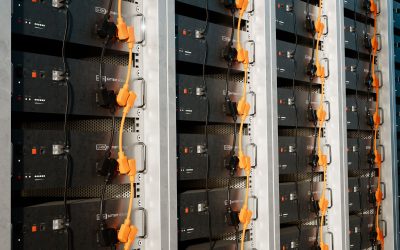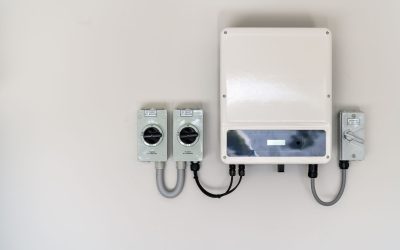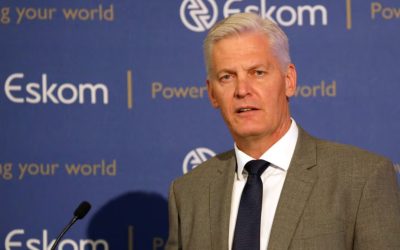Johannesburg and Tshwane municipalities have implemented load reduction measures across several suburbs and townships to prevent the risk of municipal grid collapse. This has caused quite a bit of frustration among residents since there is currently no Eskom load shedding taking place.
We’re generally used to load shedding from Eskom due to a lack of supply from the power stations. The issue in these municipalities is not a lack of supply. Rather it’s limitations on the electricity distribution system. More electricity is going through power lines and transformers than they are capable of handling. So, to prevent damage to the equipment, the municipalities are implementing a new type of load shedding.
The municipalities have attributed the strain on their distribution infrastructure to high energy usage and illegal connections. In an article by Mybroadband, energy expert Chris Yelland stated that the municipalities are putting the blame on consumers instead of themselves.
He said, “The problem is not the customer but the municipalities…It is their job to invest [in improved infrastructure]. It is their job to make sure there are no illegal connections. They try to make it look like it is the customers’ problem because they are using too much electricity. That is nonsense, they should be happy that we are using electricity because they are making more money.”
I couldn’t agree more. The municipalities should keep their networks maintained. They should increase the network capacity as the population in the municipalities increase. They should crack down on illegal connections.
In a recent video I posted on YouTube, someone commented: “Residential batteries provide energy security and have the potential to make bankers cry when they realise that people don’t need power stations in the way they used to.”
Eskom has failed us from a capacity planning perspective. The municipalities are starting to fail us from a distribution perspective. At the same time, solar power and battery storage have become incredibly cheap. More and more people are making Eskom and the municipalities redundant by going off-grid, or at least by implementing hybrid systems.













